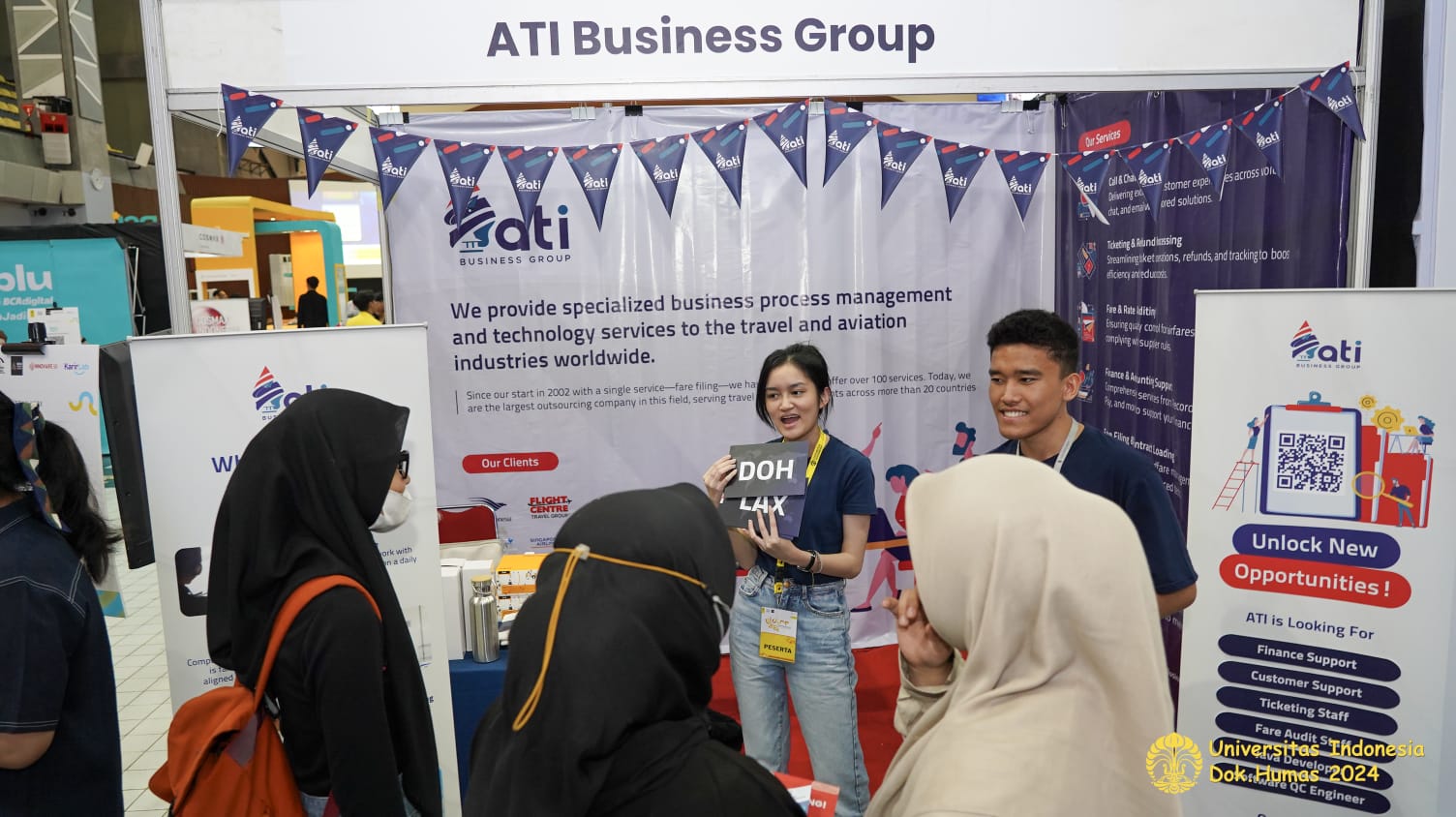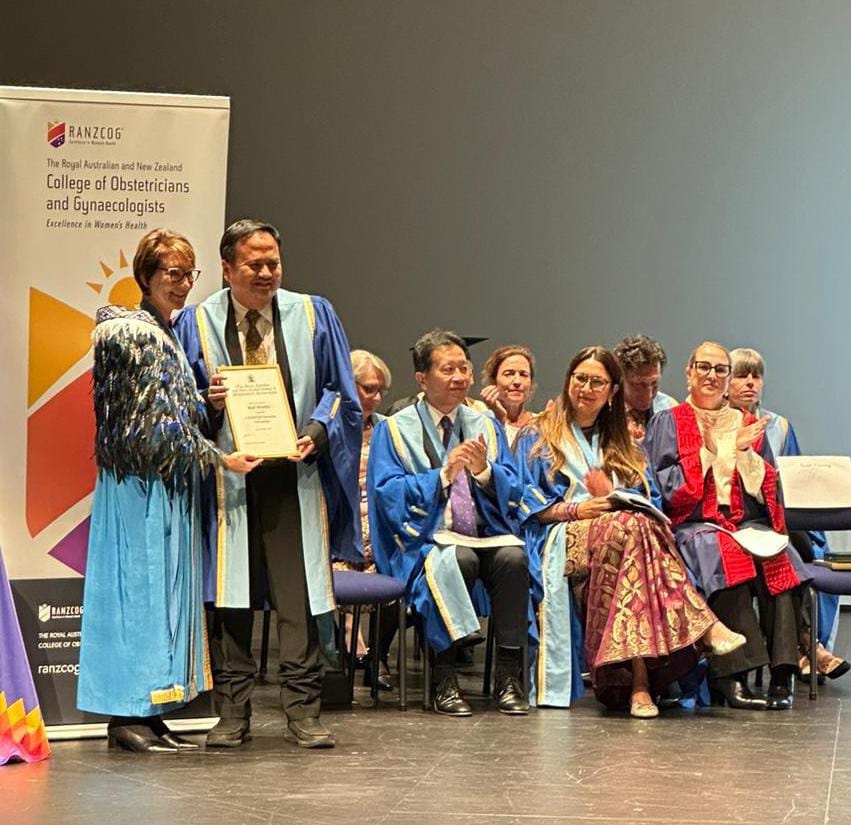DEPOK – (30/8/2023) Postgraduate Program in Management Sciences (PPIM) Faculty of Economics and Business (FEB) Universitas Indonesia (UI) confirmed their 314th doctorate degree for Dr. Muhammad Iqbal Firdaus, which took place in room 401-403, FEB UI Postgraduate Building, Tuesday (22/8).
The event was chaired by the Chairman of the Session, Teguh Dartanto, Ph.D., with Prof. Dr. Cynthia Afriani Utama (Promoter), Gita Gayatri, Ph.D., (Co-Promoter 1), and Dr. Whonny Rofianto (Co-Promoter 2). Meanwhile, the Examining Team is chaired by Prof. Dr. Adi Zakaria Afiff, with members consisting of Dr. Asnan Furinto, Imam Salehudin, Ph.D., Rezzy Eko Caraka, Ph.D., and Prof. Sri Rahayu Hijrah Hati, Ph.D.
At the open session which was held offline, Dr. Muhammad Iqbal Firdaus successfully defended his dissertation entitled “The Antecedents and Outcomes of Co-Creation Experience: The Roles of Internal and Environmental Stimuli and Their Implications on Brand Relationship.”
Promovendus Muhammad Iqbal Firdaus conducted research that the marketing focus on the service dominant (SD) logic paradigm is no longer product oriented, but is more intangible through value co-creation such as expertise, information, knowledge, interactivity, connectivity and sustainable relationships. Although value co-creation has received widespread attention, both from academics and practitioners, co-creation experience has not been widely explored in the literature despite its important role in determining the quality of relationships with brands. More specifically, the literature discusses the antecedents of co-creation experience those originating from external sources, while stimuli originating from within the individual receive less attention.
This study aims to identify the role of internal stimulus originating from the individual (enriching the self, enabling the self and gratifying the self) and environmental stimuli (content/information quality, visual appeal, and social interaction) that contribute to the formation of co-creation experiences that are positive and how the experience motivated the formation of long-term brand relational behavior. This study used an online survey method involving 967 respondents. PLS SEM is used to identify the influence and effect size of the variables in the research model.
The results of the study show that of the three internal stimuli, gratifying the self has the strongest influence and substantial effect size on the formation of customer co-creation experiences, while for external stimuli, social interaction is the element that has the greatest and strongest influence on the formation of positive co-creation experiences. The element of personal trait (propensity to interact online) has also been proven to influence the co-creation experience felt by customers.
This research also confirms the role of co-creation experience in shaping brand relational behavior in the form of continuance intention and E-WOM. This research contributes to the literature by showing the role of internal stimuli in co-creation experiences using self-determination theory .
The managerial implications of this study underline the importance of focus given by virtual service ecosystem managers in designing value co-creation platforms that are also able to meet inner needs and accommodate the personal characteristics of users, as well as being able to facilitate the creation of more meaningful interactions.



